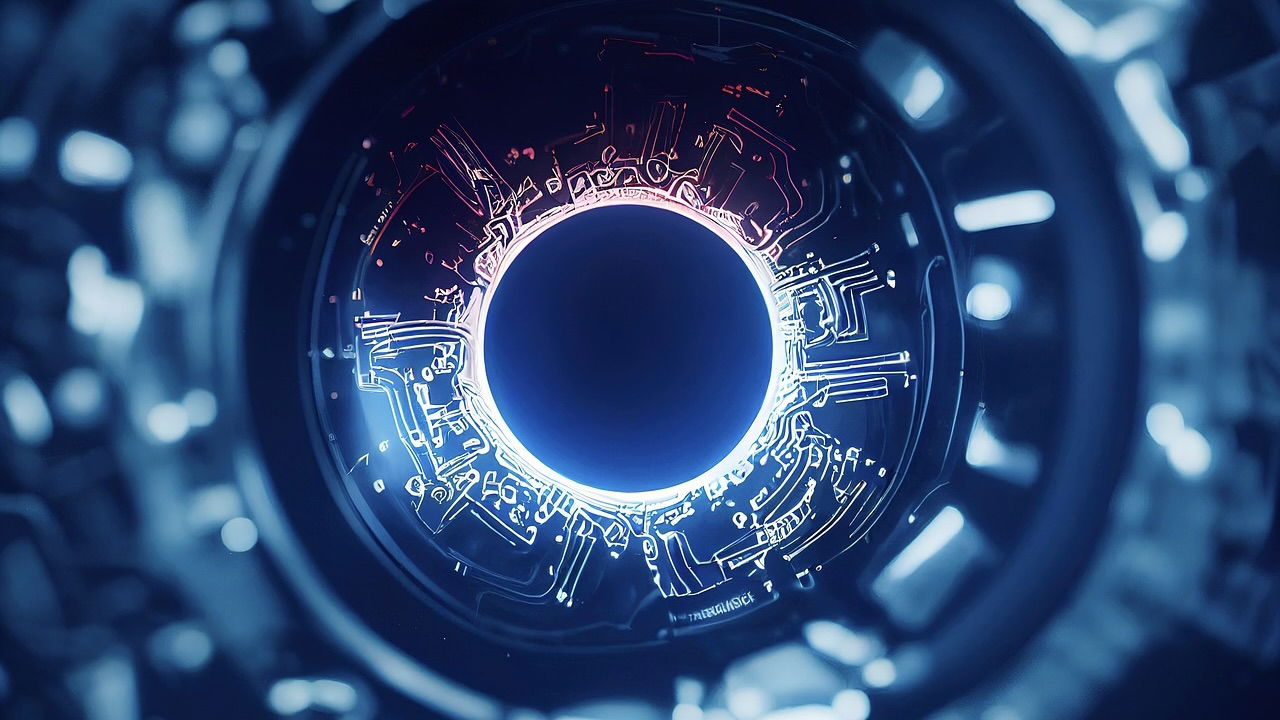
By India McCarty
AI images created in the popular Studio Ghibli style are running rampant online. But what does the studio think of these imitations of their work?
“At OpenAI, we have long believed image generation should be a primary capability of our language models,” the AI company wrote in a recent post to their website. “That’s why we’ve built our most advanced image generator yet into GPT‑4o. The result — image generation that is not only beautiful, but useful.”
People quickly started using the new generator to create images of themselves — most popularly, in the animation style of Studio Ghibli, who are behind hits like MY NEIGHBOR TOTORO, SPIRITED AWAY, and HOWL’S MOVING CASTLE.
Sam Altman, the CEO of OpenAI, even weighed in on the new trend, posting on X, “> be me / > grind for a decade trying to help make superintelligence to cure cancer or whatever / > mostly no one cares for first 7.5 years, then for 2.5 years everyone hates you for everything / > wake up one day to hundreds of messages: ‘look i made you into…ghibli style haha.’”
Representatives for Studio Ghibli in North America declined to comment, but many are recirculating 2016 quotes from the company’s co-founder Hayao Miyazaki about AI.
“I am utterly disgusted,” Miyazaki said in a meeting after being shown an AI demonstration demo. “If you really want to make creepy stuff you can go ahead and do it. I would never wish to incorporate this technology into my work at all.”
He concluded, “I strongly feel that this is an insult to life itself.”
Miyazaki isn’t the only one disenchanted with the advances AI is making. Many in Hollywood have begun expressing their dislike of the tech, including Nicholas Cage.
“I’m terrified of [studios using AI scans of my face and body],” he told Variety. “I’ve been very vocal about it. … And it makes me wonder, you know, where will the truth of the artists end up? Is it going to be replaced? Is it going to be transmogrified? Where’s the heartbeat going to be? I mean, what are you going to do with my body and my face when I’m dead? I don’t want you to do anything with it!”
Other artists are joining the fight against AI. Recently, many authors were outraged to discover that their books had been used to train AI systems without their consent.
“I am furious to learn my books have been again pirated and used without my consent to train a generative AI system which is not only unethical and illegal in its current form, but something I am vehemently opposed to,” Holden Sheppard, author of Invisible Boys, told The Guardian.
He continued, “No consent has been obtained from any of the thousands of authors who have had our work taken, and not a single cent has been paid to any of us. Given Meta is worth literally billions, they are absolutely in a financial position to compensate authors fairly. More importantly, they are not above the law and are required to obtain consent.”
Related: Nicholas Cage Calls AI ‘Inhumane’: ‘A Nightmare to Me’
Sheppard called on the government in his native Australia to introduce “AI-specific legislation…that requires generative AI developers or deployers to put in a range of measures to comply with existing copyright legislation.”
Popular romance author Emily Henry also shared her displeasure at her works being used to train AI.
“If you follow many authors you probably already know, @meta has stolen our books to train its AI,” she posted on Instagram. “To me, the inevitable end result of this is that someday billionaires will be able to fully remove writers from the equation and make even more money off other people’s labor than they already do…@meta kindly give me, my friends, and my colleagues our life’s work back. I did not, do not, and will not consent.”
Read Next: ‘Protect The Literary Landscape’: Authors Guild Files Suit Against OpenAI



 - Content:
- Content: 
